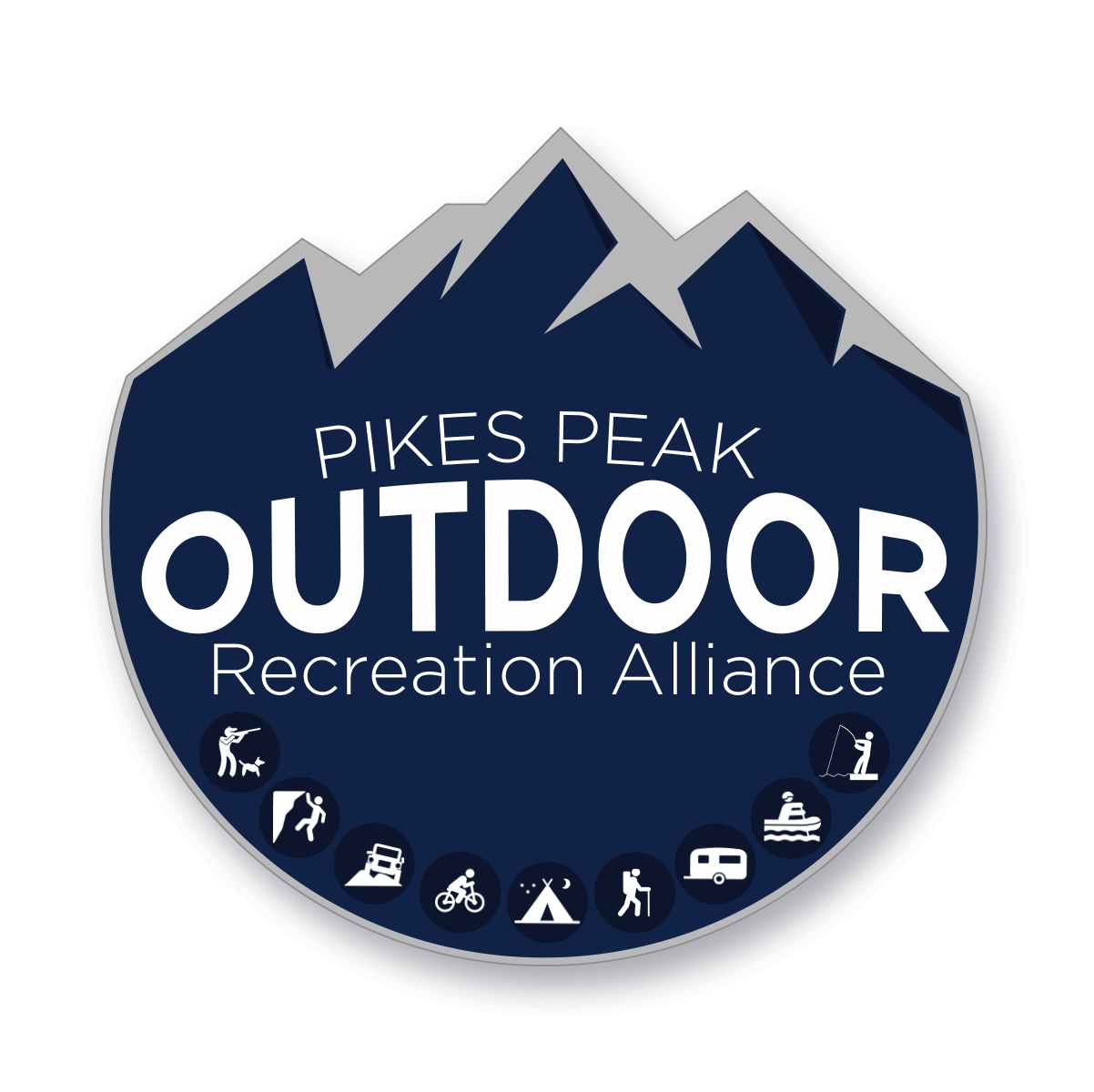Western business owners throw support behind reauthorizing Land and Water Conservation Fund
Colorado business owners to go to D.C. to seek support for conservation fund

Visitors hike in the Maroon Bells-Snowmass Wilderness area near Aspen.
Coloradans are among those planning to travel to Washington next week to share new polling with federal lawmakers that says outdoor businesses across the West view the Land and Water Conservation Fund as important to their bottom line.
The clock is ticking down to the Sept. 30 expiration date on the fund, established by Congress in 1964 to conserve open spaces, fish and wildlife habitat and cultural, historic and recreation sites. A new poll of roughly 822 owners and managers of outdoor businesses in Colorado, Nevada, New Mexico and Montana found that eight in 10 business support reauthorizing the conservation program, speakers in a teleconference said Thursday.
Patrick Webber, who co-founded Colorado-based Fourpoints Real Food Energy Bars, said his business relies on people who enjoy the outdoors and public lands.
“As a startup, we know programs like the Land and Water Conservation Fund are important to our business,” Webber said. “We know that outdoor enthusiasts will have protected places to play, and we’ll have a great place for us to build our brand in.”
Beau Kiklis and others with the Colorado Outdoor Business Alliance will meet with members of the Colorado congressional delegation next week to urge members to vote to permanently reauthorize the LWCF. They’ll share the results of polling by Strategies 360, a public affairs firm with offices across the West.
The survey found that 82 percent of the businesses surveyed believe Congress should reauthorize LWCF and provide ongoing, long-term funding, said Kevin Ingham, the firm’s senior vice president of research. Seventy-three percent of the respondents agreed that public lands and access to them provided by LWCF and other conservation programs help their business recruit and retain high-level employees, according to the results.
And the support is bipartisan, Ingham added, with 51 percent of those surveyed identifying as Republicans and 32 percent as Democrats.
As time runs out on the conservation program, the voices calling for continuing LWCF have grown louder. Last week, a coalition of 70 Colorado businesses sent a letter to the state’s congressional delegation urging the program’s renewal.
Most of the state’s delegation is on board. Sens. Michael Bennet and Cory Gardner are cosponsors of S. 569, a bill that would permanently reauthorize and fully fund LWCF. Reps. Diana DeGette, Jared Polis , Mike Coffman and Ed Perlmutter are all cosponsors of a House version of the legislation. Rep. Scott Tipton recently announced his support for reauthorizing the fund.
However, some members of Congress have balked at reauthorizing the 54-year-old fund unless state and local officials and landowners have more say in how the funds are spent. They worry the money will be used to add to the lands managed by the federal government.
“I trust Coloradans to steward our state’s beautiful lands and natural resources,” Colorado Rep. Ken Buck said in a prepared statement Thursday. “Any reauthorization of the Land and Water Conservation fund should empower local landowners, county commissioners, and state officials to play a greater role in the process of managing our lands.”
A request for comment from Colorado Rep. Doug Lamborn wasn’t immediately returned.
“Changing the way LWCF funds are distributed is a solution in search of a problem,” Kiklis said. “LWCF is a remarkably balanced program that provides immense value to communities across the country and already provides significant funding to states and local governments.”
Supporters of LWCF point out that the funds have been used for community projects nationwide, including trails, ball fields and urban parks. Money has been used to acquire private land in the middle of national parks and other public lands. The fund has generated roughly $268 million since its inception for projects in Colorado.
The program is funded through a portion of the fees imposed on offshore oil and gas operations. Congress has rarely funded LWCF at its full authorized level of $900 million per year. Congress extended it for three years after it originally ran out in 2015. This time, supporters want Congress to permanently reauthorize it and commit to fully funding it.
Business owners say they see LWCF as important to driving the outdoor recreation economy, which the Outdoor Industry Association estimates at $887 billion nationwide and $28 billion in Colorado.
The benefits of access to public lands and outdoor recreation aren’t limited to the direct spending and jobs involved, said Eric Roberts with SH Architecture in Las Vegas.
“Professionals today care about where they live. They care about having access to public lands and care about access to places to recreate,” Roberts said.
The poll of Western businesses was commissioned by Business for Montana’s Outdoors, Colorado Outdoor Business Alliance, Get Outdoors Nevada and Partnership for Responsible Business in New Mexico. Online and phone interviews were conducted July 26 and Aug. 7. The margin of error within each state is 6.9 percent.

